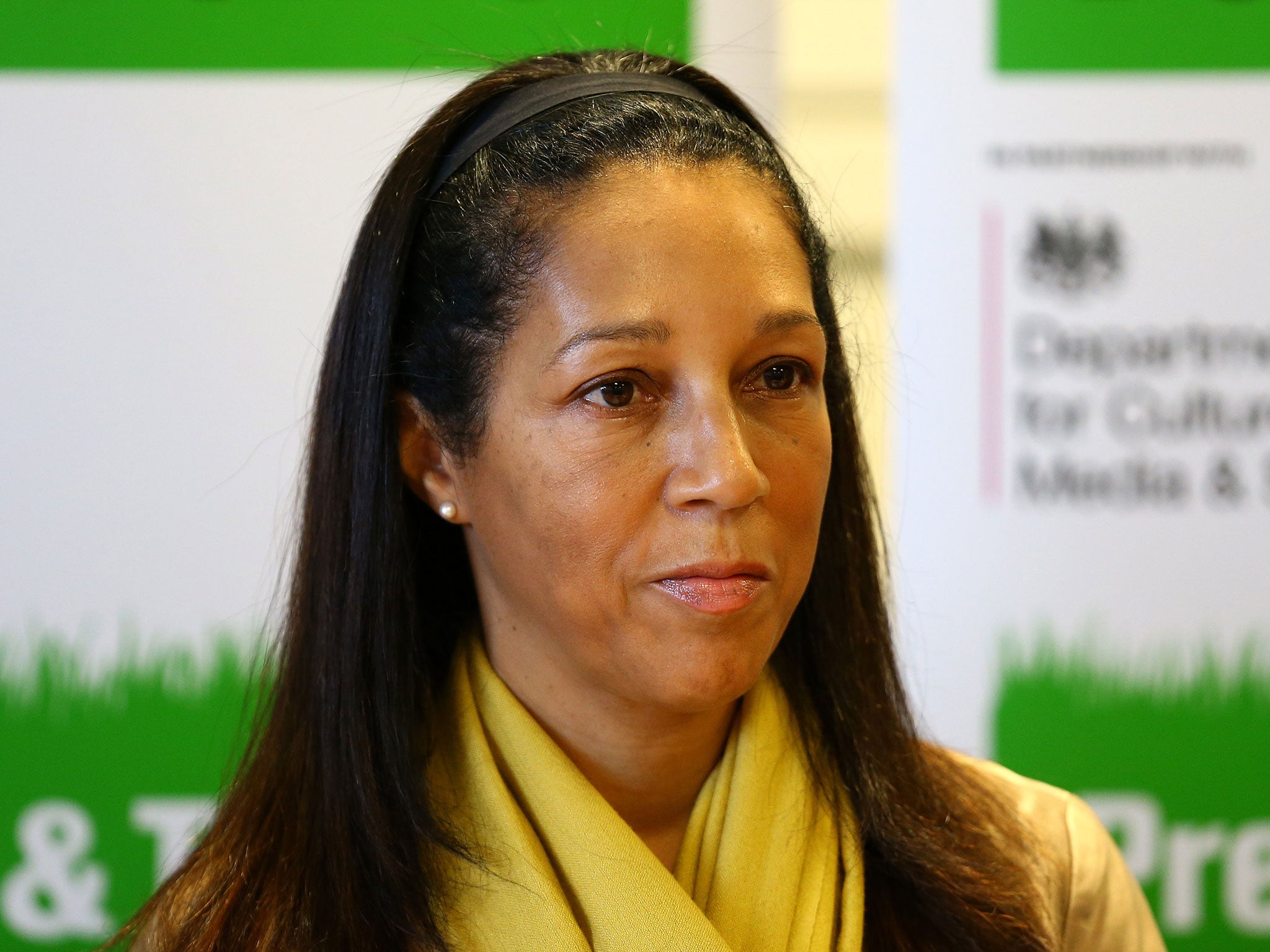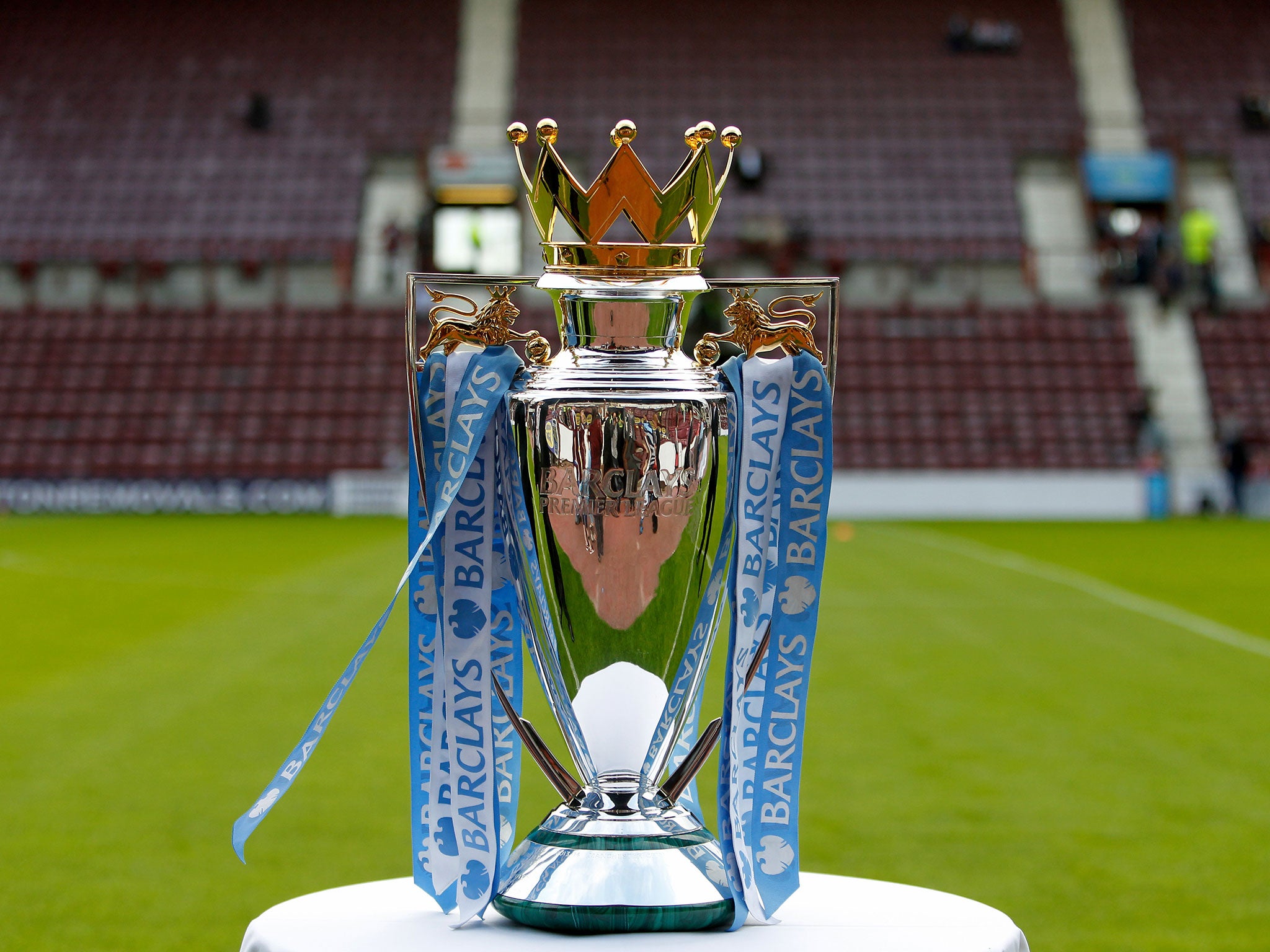The Premier League has sold the right to broadcast its matches from 2016 to 2019 to Sky Sports and BT Sport for a record-shattering £5.136bn – leading to calls for England’s leading clubs to drop their ticket prices, amid claims from rivals that the deal was “hurting fans”.
The deal makes the English Premier League the world’s second-most lucrative sports league, behind only the NFL, which generates £4.5bn each season.
The sum – more than 70 per cent higher than the £3bn that was raised for the rights auction for 2013 to 2016 – means that showing Premier League matches will cost the broadcasters more than £10m per match. BT Sport’s total expenditure is £960m. Sky’s outlay is almost double the £2.3bn it paid last time round, while BT Sport’s has risen by around £200m. The amount Sky will pay per match has risen by 70 per cent, compared with 18 per cent for BT Sport.
Yet the figure doesn’t include the international broadcast rights, which the Premier League will sell next year – which could generate a further £3bn or more. The chief executive of the Premier League Richard Scudamore said the huge amount was testament to the clubs which “put on a magnificent show”.
But the huge numbers will attract criticism from those who see football as a bloated monster, driven by greed, and undoubtedly a huge chunk of this money will immediately trigger an increase in amounts spent on player transfers and player wages.
Mr Scudamore pointed out that, over the three years of the deal, Premier League footballers will pay more than £3bn in tax to the Exchequer on their wages. The Premier League also made clear that it is engaged in significant charitable projects, and sports development projects in the community will benefit.
“£800m will be given away by the Premier League [over the current three-year term],” Mr Scudamore said. “Be it to clubs in lower leagues, to charities. We do more than anybody in this country to redistribute our income.”
The sports minister Helen Grant said: “This deal will bring increased benefits to clubs lower down the football pyramid, the grassroots of the game, through further investment in facilities, and supporters.”

Sky Sports will show 126 matches live, on Saturday and Sunday lunchtimes, Sunday afternoons, Monday nights and in a new slot on Friday nights, and is paying £1.4bn a year for the privilege.
BT Sport will show 42 matches, on Saturday evenings, as well as a handful of Sunday and midweek slots.
But Tom Mockridge, Virgin Media’s chief executive, said: “A 70 per cent increase shows the TV rights auction is a licence for the Premier League to print money. You can’t blame the Premier League – it is simply exploiting the sales process. But this is hurting fans and does not warrant an exemption from normal competition law rules.”
The huge windfall will also increase pressure on the clubs to drop ticket prices, now that the percentage of their revenue that comes from tickets will fall even lower.
Only a third of Arsenal’s current income, for example, is taken from gate receipts and other match-day sales such as food. From 2016 that will probably fall to around a fifth. Supporters’ groups will argue that raising ticket prices even by the rate of inflation lightens the fans’ pockets far more drastically than it benefits the club.
Mr Scudamore said the Premier League’s clubs would “have to address the issue of ticket prices. Part of our broadcasting attractiveness is full stadiums,” he said. “The best product, the best players.” In recent years many Premier League matches have been played in front of large swathes of empty seats.
Discovery, which owns Eurosport and the Qatar-based beIn Sports, was rumoured to have been bidding, but appeared to have either pulled out or been unsuccessful in the secret auction.
For Premier League clubs, the auction means that, from 2016, finishing bottom of the Premier League will almost certainly come with a £100m payout, while finishing top could mean double that.

Join our commenting forum
Join thought-provoking conversations, follow other Independent readers and see their replies
0Comments